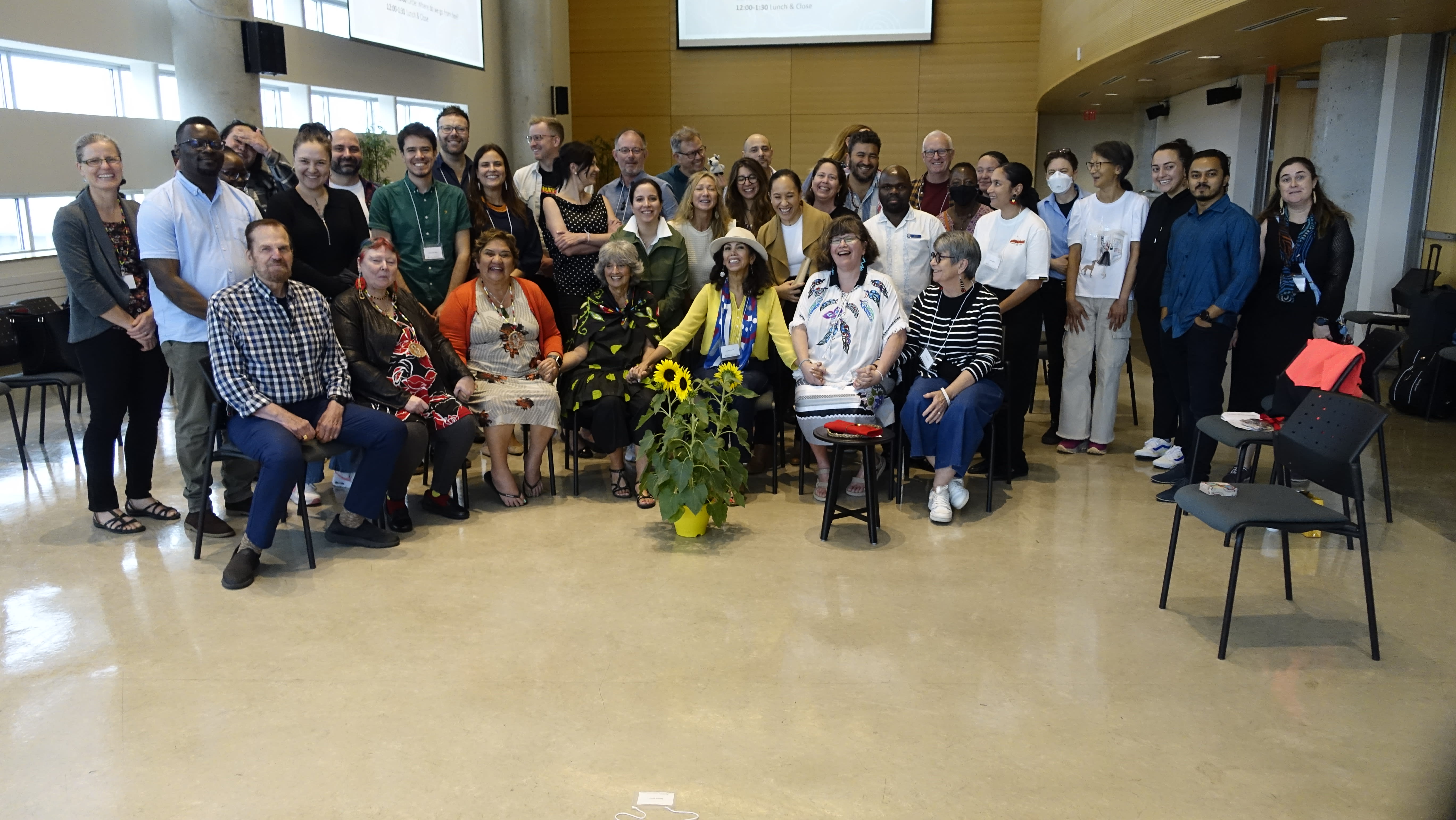Since the COVID-19 pandemic, with its changes to the workplace, from virtual to hybrid to in-person, the ways we think about work-life balance and the workplace have changed.

Enter Financial Independence, Retire Early (FIRE), a movement of workers striving to quit their traditional job as early as possible through financial choices.
Using the FIRE movement as a case study, Professor Mohamed Chelli and co-applicant Professor Darlene Himick have received a Social Sciences and Humanities Research Council Insight Development Grant to study how ethical logic influences one’s financial decision-making. The project is titled The Ethical Implications of Financial Literacy.
Extreme Savings and Investments
The FIRE movement originated in the ’90s, many of its ideas coming from the book Your Money or Your Life by Vicki Robin and Joe Dominguez. Followers are devoted to extreme savings and investments when they are young so that they can retire early (ideally by 55, or even earlier) from their day jobs, thus experiencing freedom from the traditional workplace.
After early retirement, FIRE movement followers live off their investments and savings, withdrawing a small percentage each year. However, not all do so to completely retire at a young age; some just want to enjoy more flexibility in when and how often they work.
Research Impact
The influence of one’s own ethics and financial literacy is an underrepresented topic within the research community. By studying the FIRE movement, Chelli and Himick hope to discover the ethical logic that leads individuals to decide to retire early through savings and investments and help researchers better understand the reasoning behind financial decision-making by the public. Seeing mass changes in financial decision-making by the public is one thing. Understanding the reasoning behind these changes and the practical implication for the future is another.
Chelli and Himick plan to use data gathering techniques from virtual forums, as well as interviews with FIRE followers.
Their research could help employers better understand their employees’ financial decisions, so they can improve the workplace to better meet employee needs. It may also help policymakers predict coming waves in financial decision-making and adapt their own financial literacy strategies.










